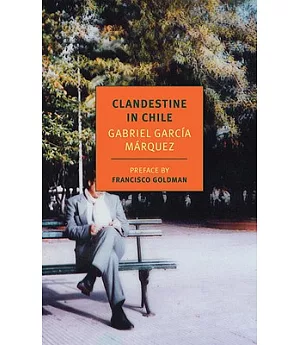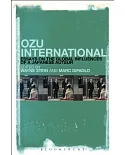In 1973, the portly, dark-haired, bearded film director Miguel Littín fled Chile after a U.S.-supported military coup toppled the democratically elected Socialist government of Salvador
Allende, replacing it with the rule of General Augusto Pinochet. Pinochet’s cruel reign was to last some seventeen years, during which Chile was turned into a laboratory for the economic ideas
of Milton Friedman, leading to a society where the rich became richer and the poor much poorer, and the government was sustained by an ongoing reign of terror. In 1985, Littín returned to
Chile, now slim and clean-shaven, with a false name, false passport, and false wife. Pretending to be a Uruguayan businessman, he was bent on making a movie that told the truth about life under
Pinochet.
This is the story of Littín’s escapade, which was a journey to a risky and in many ways unexpected new country—and into his own complicated feelings as an exile. Gabriel García Márquez brings
all his gifts as a novelist to the telling Littín’s tale, revealing the unreal essence of life in a country where the plain truth was inadmissible. Clandestine in Chile is a true-life
adventure story and a classic of modern reportage.





















